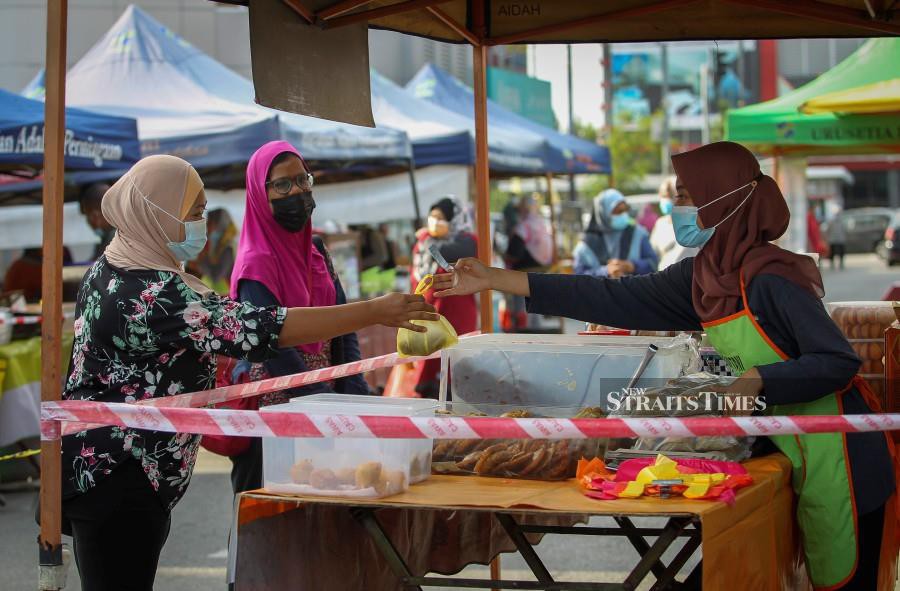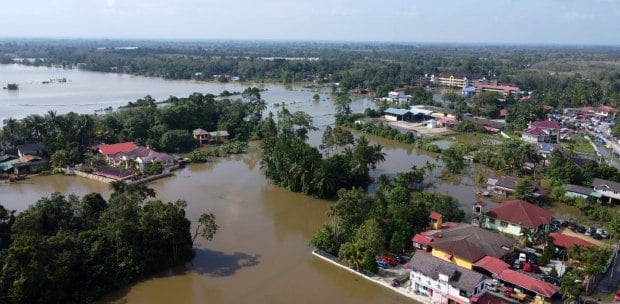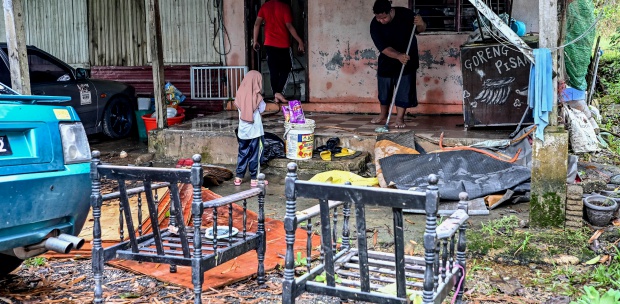All over the world, governments are trying their best to save both lives and livelihoods, which have been heavily disrupted due to the Covid-19 virus and are implementing measures in addressing it.
For us in Malaysia, we are dealing with the third wave of the pandemic, with increasing numbers of four-digit daily infections since October last year. Clearly, the government has to act differently and boldly.
Thus, the second Movement Control Order (MCO 2.0) has been imposed and a state of emergency has been declared by the king until Aug 1. What are their implications?
The MCO 2.0 appears to be more systematic than the previous one. The lockdown is more targeted and crucial industries have been allowed to operate with better standard operating procedures in place and, of course, an Emergency has been declared.
The MCO 2.0 and the state of emergency will dent the economy somewhat, but will unlikely be as severe as the last MCO.
No doubt, there are caveats here as this analysis is contingent upon many uncertain variables and assumptions, like how long MCO 2.0 will last, how effective it will be in flattening the Covid-19 curve, how well the global economy will recover this year and, most importantly, how successful we are in the deployment of the vaccine and when will the herd immunity be achieved.
The first MCO caused our economy to plunge into a recession, the fourth in history since independence. However, the impact on the economy is not the worst, thanks to stimulus packages launched last year amounting to RM305 billion or about 20 per cent of Malaysia's gross domestic product (GDP).
According to the Economic Outlook Report 2021 (EOR 2021), the economy was expected to contract by -4.5 per cent last year. Although this is worse than the recession in 2009, it was still better compared with the 1997/98 Asian Financial Crisis when our economy contracted by -7.4 per cent in 1998 with heavy depreciation of the ringgit and significant loss of our international reserves.
Three other crucial macroeconomic variables that have been negatively impacted as a result of the first MCO and the Covid-19 pandemic are the unemployment rate, debt and deficit levels. In 2020, based on the EOR 2021, the unemployment rate was expected to be at 4.2 per cent, whereas the deficit and debt levels were forecasted to record at -6 per cent and 60.7 per cent respectively.
Comparatively, during the first economic crisis in 1985/86, the unemployment rate stood at a historically high level of above 6.5 per cent and the debt level was at the high level of 103.4 per cent of the GDP. Even if we look at the deficit level forecast for 2020, it is still not as high as during the 2009 economic crisis when we recorded -6.7 per cent of deficit as a percentage of the GDP.
And again, based on the same report, our GDP growth rate, unemployment rate, the value of the ringgit, international reserves, as well as the debt and deficit levels for this year are expected to be better than in 2020. In other words, we are projecting a "V-shaped" recovery this year.
This, to me, would be compromised due to the MCO 2.0. But it is not the main concern as even a "U-shaped" recovery is still good enough for the economy. And with the declaration of the Emergency, since there is no curfew imposed, I do not see any significant negative impact resulting from it.
My main concern now is how the MCO 2.0 impacts the people directly on the ground. Their stories are real — people are losing their jobs, businesses have to shut down for good, and our frontliners are exhausted and stressed out.
Thus, it is commendable on the part of the government in announcing the new economic relief package — Perlindungan Ekonomi dan Rakyat Malaysia (Permai). Clearly there is an urgent need to strengthen the healthcare sector in combating the virus, as well as safeguarding the welfare of the people and to continue supporting the business community at large.
With a total of 22 initiatives valued at RM15 billion, Permai is a timely and strategic move by the government to stay ahead of the curve in fighting the pandemic. Indeed, unprecedented times call for unprecedented measures.
The writer is associate professor of economics, Universiti Utara Malaysia
The views expressed in this article are the author's own and do not necessarily reflect those of the New Straits Times






